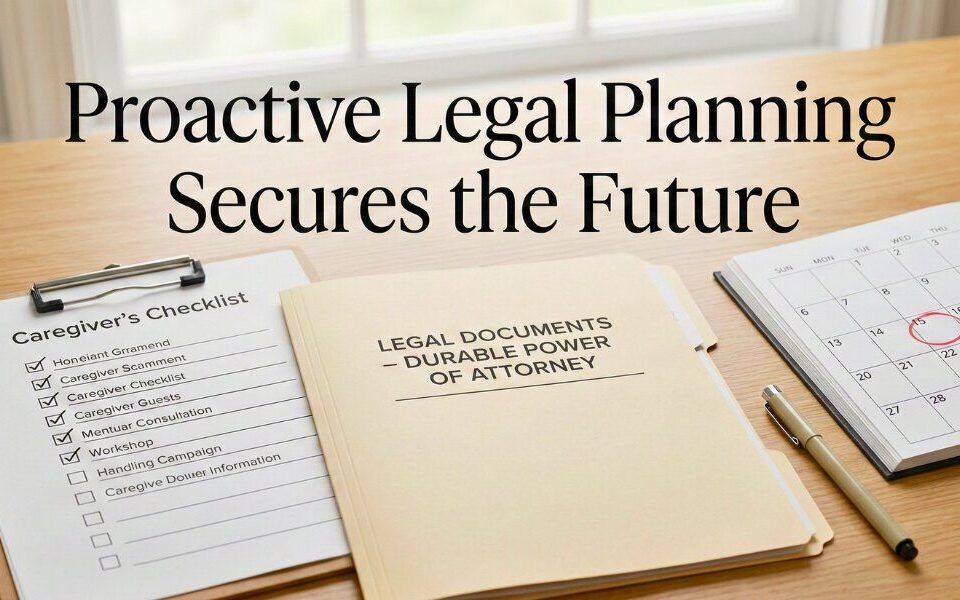Florida seniors must realize that estate planning covers much more than just the distribution of their assets. It is a crucial component of planning their medical care as they age. Knowing that should lead seniors to consider the question of advance directive vs. living will. It is easy to confuse the two, but they are essential for ensuring people’s wishes. This post will take a closer look at the differences between advance directives and living wills.
Advance Directive vs. Living Will: What’s the Difference?
What is a Living Will?
The first point to understand is that a living will is a type of advance directive. It is a legal document that specifies your wishes regarding medical treatment in the event of incapacitation. Under Florida law, they outline the types of life-prolonging procedures you do or do not want, like if you wish to be on a feeding tube or ventilator. The document will take effect if the attending physician determines you meet the criteria for being incapacitated. By creating a living will, you ensure your wishes while relieving the burden of these decisions from your family.
What is an Advance Directive?
Advance directives are a broader category of legal documents outlining healthcare preferences if you are unable to make decisions. What makes living wills unique is their scope. A living will typically only covers end-of-life care when death is imminent, or recovery is unlikely. You can cover a broader array of circumstances with other types of advance directives.
For example, appointing a healthcare surrogate is another common type of advance directive. It is a document designating another individual to make healthcare decisions on your behalf. Having a healthcare surrogate ensures a trusted individual makes decisions for you when you can’t. You can also include instructions to guide the surrogate in a way similar to a living will.
Care With No Living Will or Advance Directive
What happens if you fall ill and cannot make decisions but have no advance directives? In that case, healthcare providers generally look to family members to make decisions. Typically, the first option would be a spouse. After that, it could be an adult child of the individual. Decisions will fall to the next closest relative if you have no spouse or adult children. These documents save a lot of trouble by clarifying the senior’s wishes. Without advance directives, there may be arguments or uncertainty about the care to approve.
Many considerations go into drafting advance directives. You want to ensure you have the proper documents and that they are legally binding. An experienced estate planning attorney can walk you through the process.
Do you need a living will or other advance directives in Florida? Click here to contact the Scott Law Offices. We are elder law experts serving Florida’s seniors and their families. Reach out now to learn more about our estate planning services.
Thanks for visiting!




